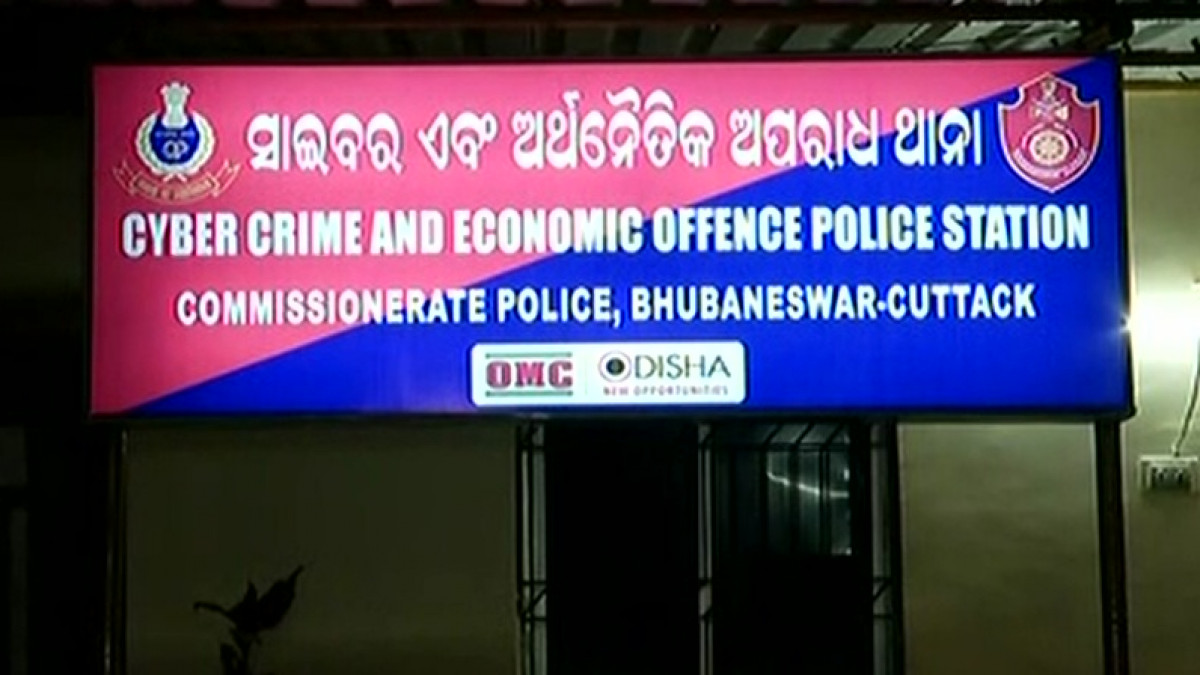
Bhubaneswar, Mar 3: In Odisha’s Capital city of Bhubaneswar, more than hundreds of residents, have lost over Rs 1.39 crore to cyber fraudsters in the month of February-2022. This information by Commissionrate Police is definitely shocking news for people and a huge challenge for the prior.
The cyber cell, under the Bhubaneswar Urban Police District (UPD), received a total of 254 complaint calls from the Capital city and could manage to salvage only Rs 23,26,285.00 of the lost amount.
Out of the total recovered amount, Rs 10,52,802.00 have already refunded to the victim while the rest, Rs 12,73,483.00 have been blocked by the police. This amount will be refunded to the respective beneficiaries after completion of verification process.
The victims are duped by the criminals through both UPI and credit/debit card frauds.
Out of the total 254 complaints received by the cyber cell, 94 complaints were related to UPI frauds, 97 were related to credit card and debit card frauds.
63 complaints were categorized as ‘Others’ by the police and no specification was provided about the nature of these complaints.
The police have registered six cases in connection with the frauds and 64 phone numbers have been blocked.
Recently, the Reserve Bank of India (RBI) tried to create awareness among people to adopt safe digital banking practices by taking all due precautions while carrying out any digital (online / mobile) banking / payment transactions.
Safe Digital Banking Practices:
– Do not share account details such as account number, login ID, password, PIN, UPI-PIN, OTP, ATM / Debit card / credit card details with anyone.
– Any phone call / email threatening the blocking of your account on the pretext of non-updation of KYC and suggestion to click link for updating the same is a common modus operandi of fraudsters.
-Do not respond to offers for getting KYC updated / expedited.
– Do not download any unknown app on your phone / device.
– Transactions involving receipt of money do not require scanning barcodes / QR codes or entering MPIN.
– Check URLs and domain names received in emails / SMSs for spelling errors. Use only verified, secured, and trusted websites / apps for online banking, that is, websites starting with ‘’https’’. In case of suspicion, notify local police / cybercrime branch immediately.
– If you receive an OTP for debiting your account for a transaction not initiated by you, inform your bank / e-wallet provider immediately. If you receive a debit SMS for a transaction not done, inform your bank / e-wallet provider immediately and block all modes of debit, including UPI.
– Do not share the password of your email linked to your bank / e-wallet account.






